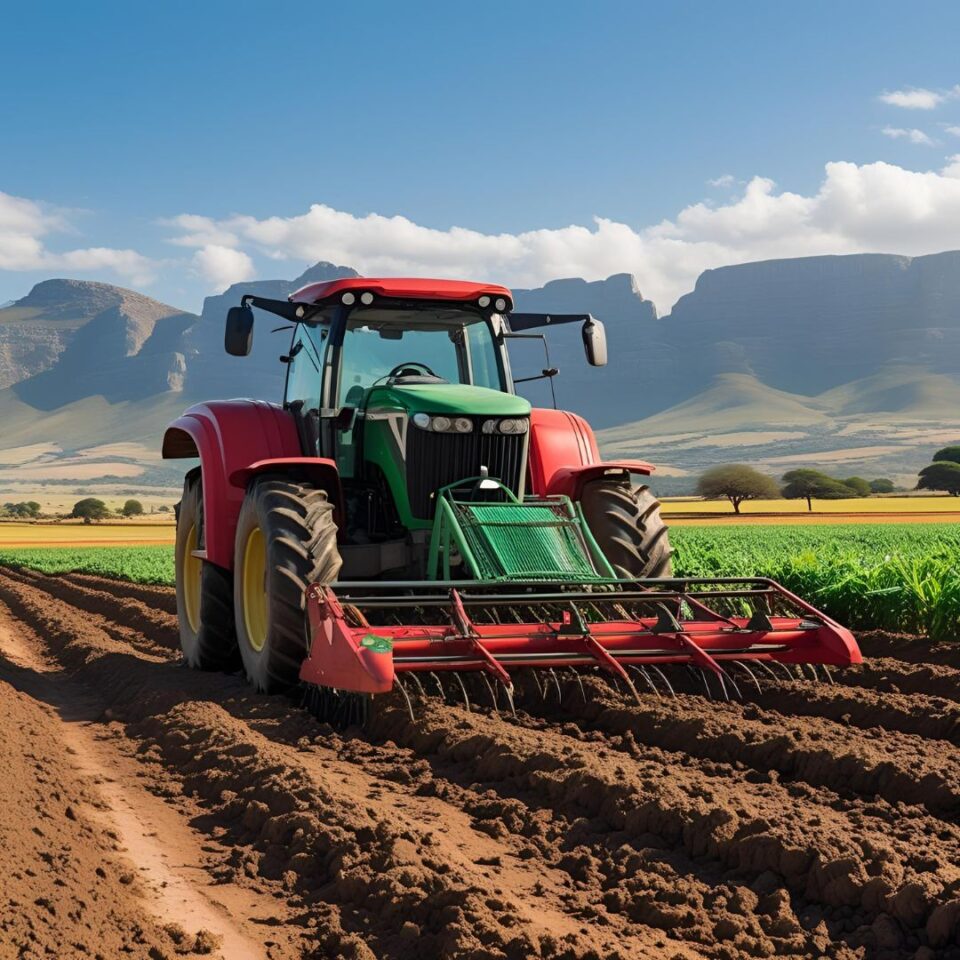The Eastern Cape Rural Development Agency (ECRDA) is positioning itself at the forefront of efforts to transform agriculture in South Africa’s Eastern Cape, a province with enormous yet underutilized potential. Established in 2012 through the merger of the Eastern Cape Rural Finance Corporation and AsgiSA-Eastern Cape, the ECRDA was created to deliver an integrated, high-impact rural development strategy.
Speaking to African Agri, Simpiwe Somdyala, CEO of the ECRDA, said the agency had been specifically mandated by national government to drive growth in rural agriculture.
Tackling the Province’s Production Gap
“The Eastern Cape is a net importer of food—we simply don’t produce enough to meet our own demand,” Somdyala explained. “Our initiatives focus on improving market access for farmers and developing food aggregation centres linked to government procurement, retailers, and exporters.”
While the province has the climate, land, and resources to become one of South Africa’s leading producers, challenges such as weak infrastructure, logistics gaps, and limited rural commercial agriculture continue to hold it back.
Government procurement is seen as a major opportunity, yet rural farmers often cannot produce at the scale or quality required. To bridge this gap, Somdyala said the agency is seeking strategic partnerships with the private sector, which can provide both financial and technical support.
Access to Finance and Risk Reduction
With rising input costs and limited capital, access to finance remains a key hurdle for rural farmers. “One of the most important aspects of support is de-risking farmers so they can access funding,” Somdyala said, adding that collaboration with the private sector would be central to this effort.
Priority Commodities
The ECRDA has identified several key commodities for growth:
-
Grain (maize and animal feed): a staple food consumed by millions and a strategic entry point for scaling production.
-
Potatoes: with current national shortages, the agency hopes to triple Eastern Cape production within three years, working with Potatoes SA and industry partners.
-
Butternut and beans: diversification crops linked to regional climate advantages.
-
Livestock and poultry: demand remains strong, but high production costs mean targeted support is needed to make poultry farming more viable.
Beyond Primary Production
Somdyala stressed that the ECRDA is not only focused on farming but also on strengthening the entire agricultural value chain. Key priorities include:
-
Logistics and cold storage, to overcome transport bottlenecks and reduce post-harvest losses.
-
Market linkages, connecting farmers to buyers across retail, export, and government channels.
-
Capacity building, to grow a pipeline of competitive rural agripreneurs.
Empowering Women and Youth
The agency also plans to make rural agriculture more inclusive. “Over the next five years, our goal is to dedicate 60% of all funding and support to women in agriculture,” Somdyala said. He noted that women farmers and farm managers consistently improve productivity, yet remain underrepresented in agricultural development programmes.
A Long-Term Vision for Growth
Looking ahead, the ECRDA is focused on making the province more attractive to private investment. Somdyala believes that if infrastructure and land tenure issues are addressed, and if rural entrepreneurs receive proper support, the Eastern Cape could triple agricultural production within the next decade.
“The Eastern Cape is one of the most underdeveloped regions in South Africa,” he said. “But with deliberate intervention, stronger partnerships, and inclusive support for farmers, we can transform this province into a leading agricultural hub.”


